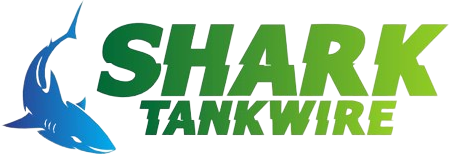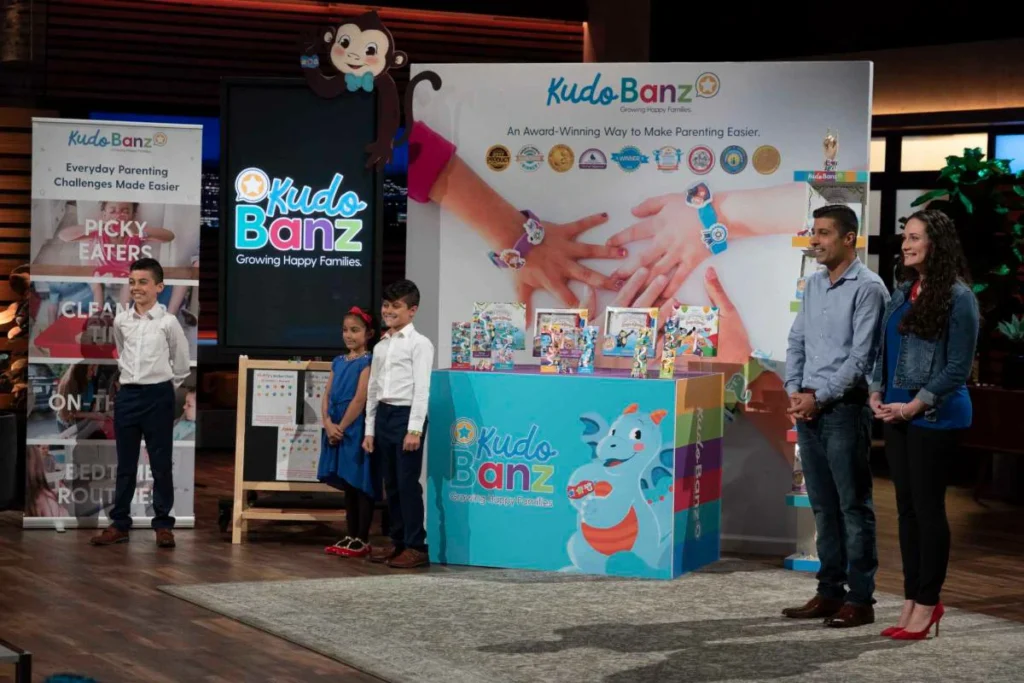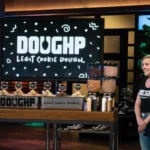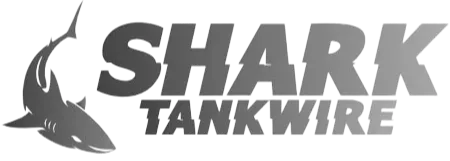What is Kudo Banz and how does it work? Kudo Banz is a positive reinforcement tool for children that uses a wristband and collectible charms to encourage good behavior. Parents can award their children with a charm for completing tasks, achieving goals, or displaying positive behavior. The charms can then be scanned with an app to animate them, providing an extra layer of engagement and reward.
Summary
- Kudo Banz, a wearable positive reinforcement tool for kids, appeared on Shark Tank Season 10 seeking $150,000 for 10% equity.
- Founders Hamza and Amanda Naqvi failed to secure a deal due to concerns about low sales and competition.
- Despite not getting a deal, Kudo Banz experienced some growth after Shark Tank, reaching $1 million in annual revenue by 2020.
- Unfortunately, Kudo Banz went out of business by August 2023.
- The founders have since launched a new successful product called Ornament Anchor.
Kudo Banz Shark Tank Update | Shark Tank Season 10
What is Kudo Banz?
Kudo Banz was a unique approach to positive reinforcement for children. It combined a wearable wristband with collectible charms that kids earned for good behavior.
This innovative system aimed to motivate children by providing a visual and tangible reward system for positive actions and accomplishments.
Each charm represented a specific achievement, and kids could proudly display their earned kudos on their wristband.
The Founders’ Story
Kudo Banz was the brainchild of Hamza and Amanda Naqvi, parents who were seeking a more effective and engaging way to encourage positive behavior in their own children.
Frustrated with traditional methods like sticker charts, they developed Kudo Banz to make positive reinforcement more interactive and accessible.
Their goal was to create a system that was not only fun for kids but also helped parents build stronger relationships with their children through positive interactions.
Kudo Banz on Shark Tank Season 10
1. The Pitch
| Entrepreneurs | Hamza and Amanda Naqvi |
|---|---|
| Business | Kudo Banz – Parenting tool |
| Ask | $150,000 for 10% equity |
| Deal | No Deal |
| Sharks | Matt Higgins, Lori Greiner, Daymond John, Kevin O’Leary, Mark Cuban |
| Season – Episode | Season 10, Episode 13 |
| Original Air Date | March 10, 2019 |
| Website | Kudo Banz |
| Key Points of Pitch |
|
| Why Sharks Declined |
|
2. The Sharks’ Response
The Sharks were initially intrigued by the concept of Kudo Banz and the Naqvis’ passion for their product.
They were impressed by the idea of a wearable reward system that could be used anywhere. However, their enthusiasm waned as the pitch progressed.
3. Why They Didn’t Get a Deal
Ultimately, the Sharks declined to invest in Kudo Banz for several reasons. The primary concern was the company’s low sales figures at the time of the pitch.
The Sharks felt that the sales numbers didn’t demonstrate sufficient market demand for the product.
Additionally, they expressed concerns about the competitive landscape in the children’s reward market and questioned whether Kudo Banz had a strong enough differentiator to stand out.
Finally, some Sharks felt that the product’s novelty might wear off quickly, leading to sustainability issues in the long run.
Kudo Banz After Shark Tank
1. Post-Show Growth and Challenges
Even though Kudo Banz didn’t secure a deal on Shark Tank, the exposure helped them gain some traction. Many people learned about the product for the first time after seeing the episode.
This led to a boost in sales and brand awareness. The Naqvis used this momentum to improve their product and expand their online presence.
However, they still faced challenges. The children’s product market is very competitive. Kudo Banz had to work hard to stand out from other reward systems and toys. They also needed to constantly innovate and add new features to keep kids interested.
2. The Launch of Ornament Anchor
While navigating the ups and downs of running Kudo Banz, the Naqvi family experienced a common holiday mishap: a cherished Christmas ornament fell from their tree and shattered. This sparked an idea for a new product.
The Naqvi children, Mik’al and Ayaan, took the lead in developing Ornament Anchor. This clever invention provides a secure way to hang ornaments on Christmas trees, preventing accidental falls and breakage.
Ornament Anchor proved to be a success, gaining popularity through online sales and even landing the Naqvi family a spot on QVC. This demonstrated the family’s entrepreneurial spirit and ability to bounce back with a new, successful product.
The Demise of Kudo Banz
1. Reasons for Going Out of Business
Despite the initial boost from Shark Tank and the success of Ornament Anchor, Kudo Banz ultimately went out of business by August 2023. Several factors likely contributed to this outcome.
- Competition: The market for children’s reward systems and educational toys is saturated. Kudo Banz faced stiff competition from established brands with larger marketing budgets and wider distribution networks.
- Changing Trends: Children’s interests and trends evolve rapidly. Maintaining engagement with a product like Kudo Banz requires continuous innovation and new offerings to stay relevant.
- Shift in Focus: The success of Ornament Anchor may have shifted the Naqvis’ focus and resources towards their new venture, potentially leaving Kudo Banz with less support.
2. Lessons Learned
The Kudo Banz story offers valuable lessons for aspiring entrepreneurs:
- Market Validation: Thorough market research and testing are crucial before launching a product, even a seemingly innovative one. Understanding the target audience, their needs, and the competitive landscape is essential.
- Adaptability: The ability to adapt to changing market trends and consumer preferences is key to long-term success.
- Focus and Prioritization: Spreading resources too thin across multiple ventures can hinder growth. Sometimes, focusing on a core product or service is necessary for sustained success.
The Future of Positive Reinforcement Tools
While Kudo Banz may be gone, the need for effective positive reinforcement tools for children remains. The future of this market likely lies in:
- Personalized Experiences: Tailoring reward systems to individual children’s needs and preferences will become increasingly important.
- Technology Integration: Digital tools and apps can enhance engagement and provide more interactive experiences.
- Holistic Approach: Combining physical rewards with digital elements and parental guidance can create a more comprehensive and effective approach to positive reinforcement.
The Naqvis’ journey with Kudo Banz highlights both the challenges and opportunities in the world of children’s products.
While their initial venture may have ended, their entrepreneurial spirit and commitment to family-oriented solutions remain strong, as evidenced by the success of Ornament Anchor.
FAQs
Is Kudo Banz still in business?
No, Kudo Banz is no longer in business as of August 2023.
What was the main reason Kudo Banz failed?
While there were likely many contributing factors, the main reasons were likely strong competition in the children’s market and low sales figures.
Did the Naqvis completely stop making products?
No, the Naqvi family found success with a new product called Ornament Anchor, a solution to prevent Christmas ornaments from falling off the tree.
Where can I buy Ornament Anchor?
You can likely find Ornament Anchor online through various retailers.
Are there any similar products to Kudo Banz still available?
Yes, there are many other reward systems for children available. Search online or visit a toy store to explore different options.
The Bottom Line
Kudo Banz presented a creative approach to positive reinforcement for children. While the company ultimately ceased operations, their story provides valuable insights for entrepreneurs. It highlights the importance of market research, adaptability, and focus in navigating the competitive business landscape.
The Naqvis’ journey also demonstrates resilience and the ability to pivot towards new opportunities, as shown by their success with Ornament Anchor. As the market for children’s products continues to evolve, we can expect to see new and innovative solutions emerge to support positive child development.








